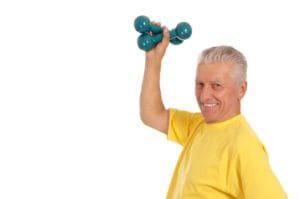
“I am not going to fix you”. A powerful, but necessary message for someone who is looking to be “fixed” by their rehabilitation specialist. A study out of Alberta showed that individuals who took a passive coping strategy to their whiplash injury (i.e., relying on others for pain management) had a slower recovery rate than those who took a more active coping strategy1. What I gather from this is if you are depending on your health professional to fix you, you are in for a long road of recovery. The good news is that if you are depending on your health professional to provide you with the tools to fix yourself, the road will be much shorter. A simple but important mindset switch can make all the difference. So instead of asking “Can you fix me?” try “ What do I have to do to fix myself?”.
We don’t have magical hands that can fix; we have knowledge and understanding of how pain mechanisms and the body works. Our job is to provide you with this knowledge in a way that you can understand and provide you with tools that give you the power to fix yourself. Think about this. You get out of bed and your back hurts and you have no idea why. Not a great way to start your day. Well now imagine if you knew the pain mechanisms and the structures that are affected and what they do. The more you know about your condition, the more it normalizes.
Things are not random anymore, they are occurring for a reason; a reason that you now understand. Knowing that already gives you insight and a better sense of control. Now you can wake up in the morning and know if you move a different way you can start your day with less pain. That is what we can do for you; insight, knowledge, and understanding.
Now, how we do this is up to you. You need to be active in your recovery. Ask questions, do your own research, exercise, continue to do your day to day activities, use the advice given to you to empower yourself. Instead of asking ‘what can you do to help me recover’, ask ‘what can I do to help me recover’.
We will give you our best and everything we have to offer, but we will not fix you. We will help you fix you.
Carroll LJ, Ferrari R, Cassidy DJ, Cote P. Coping and recovery in whiplash-associated disorders: Early use of passive strategies is associated with slower recovery of neck pain and pain related disability. Clin J Pain, 2014; 30(1): 1-8.




